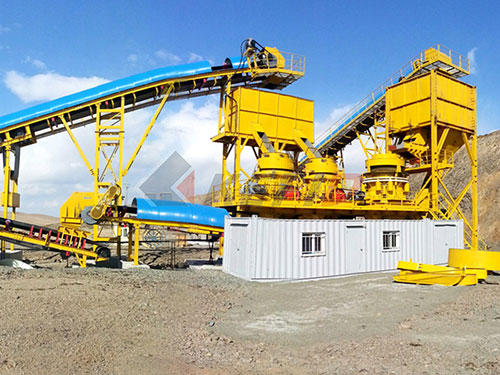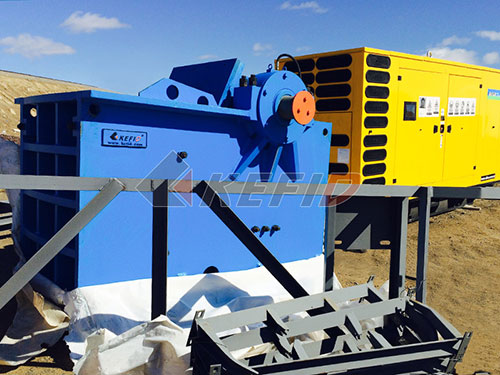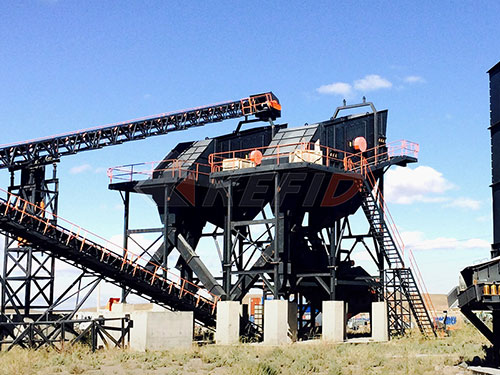Mobile Vertical Shaft Impact Crushers: Why the Fabo Mvsi 900 Represents a Strategic Investment for Armenia’s Development

Armenia stands at a pivotal moment in its economic trajectory. With ambitious government initiatives focused on large-scale infrastructure reconstruction – particularly critical road networks like the North-South Road Corridor – coupled with a robust mining sector exploiting significant deposits of copper, molybdenum, gold, and industrial minerals like basalt and tuff, the demand for high-quality construction aggregates has never been higher nor more critical to national progress.
Simultaneously, global pressures and local environmental awareness demand more sustainable resource extraction and processing methods. In this dynamic landscape, investing in advanced crushing technology isn’t just an operational upgrade; it’s a strategic imperative for companies seeking efficiency, profitability, and environmental compliance. The Fabo Mvsi 900 Mobile Vertical Shaft Impact (VSI) Crusher emerges as a compelling solution tailored precisely to Armenia’s unique challenges and opportunities.
Understanding Armenia’s Aggregate Imperative
The drivers are clear:

1. Infrastructure Renaissance: Massive state-funded projects require vast quantities of precisely graded aggregates for asphalt concrete production and structural concrete.
2. Mining Sector Expansion: Processing run-of-mine material efficiently on-site or near extraction points reduces haulage costs significantly.
3. Urban Development: Construction booms in Yerevan and regional centers necessitate reliable supplies of building sand and crushed stone.
4. Geographical Challenges: Mountainous terrain often necessitates processing materials close to the source site due to difficult access routes or prohibitive transport distances.
5. Sustainability Mandate: Reducing dust emissions, minimizing waste through efficient shaping/cubicity production, optimizing energy use per ton produced, and enabling site rehabilitation are increasingly important socially and legally.
Traditional stationary crushing plants struggle to meet these demands effectively due to high setup costs (foundations), lack of mobility between sites or within large quarries/mines, longer downtimes during relocation/installation phases leading potentially towards higher operational expenses over time including significant logistical overhead associated primarily around transportation logistics especially considering challenging Armenian topography alongside environmental footprint concerns tied directly back into fixed installations which may not align well dynamically changing project scopes throughout their lifecycle duration periods involved typically within construction timelines themselves being compressed increasingly nowadays further exacerbating pressure points experienced by contractors daily basis operations management teams face consistently under tight deadlines imposed externally via contractual obligations binding them legally enforceable terms agreements signed prior commencement works undertaken accordingly thus necessitating flexible adaptable solutions inherently designed accommodate rapid deployment redeployment scenarios seamlessly

Leave a Reply